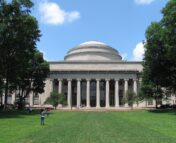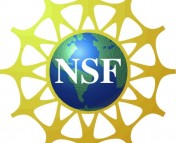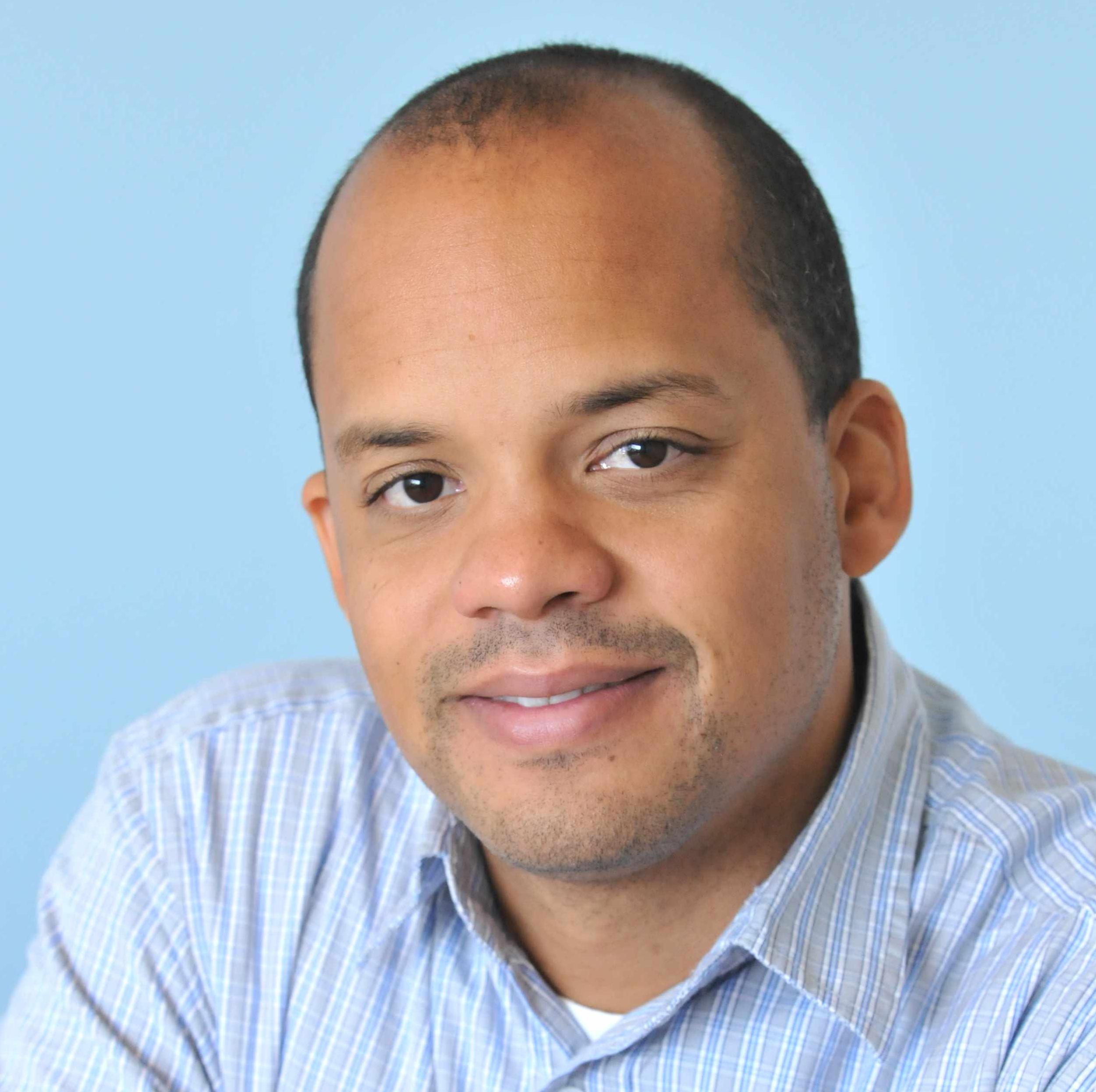Are you thinking of applying to graduate school in physics this year? We are here to help!
Some questions about applying to a PhD program are best answered in real-time, by graduate students who have already been through the application process. This is especially true because graduate school application requirements and expectations change often and vary from school to school.
So, it is really useful for potential PhD applicants to be able to (1) ask current graduate students their most pressing application-related questions (that are specific to the graduate school they are trying to apply to) and (2) get personalized advice and guidance about their application.
But not everyone applying to graduate school has access to this.
We are a group of current physics graduate students at MIT (called the Grads Advising Graduate Admissions or GAGA team) trying to close this gap and provide these resources to anyone who thinks they could benefit from it! Therefore, we launched a new initiative in 2020: the Physics Graduate Application Assistance Program (PhysGAAP), which is designed to help potential applicants with their applications to the MIT Physics PhD program.
PhysGAAP: Our Motivation
Some people applying to graduate school have institutional resources and social networks to draw on and help them with their application. For instance, they can ask friends or parents who have previously applied for help, use graduate school application resources provided by their university, or organize study sessions with peers to prepare for the GRE or graduate school interviews. However, there are many potential graduate school applicants who do not have access to these things.
Therefore, the motivation behind starting PhysGAAP was to reduce the barriers for application to the MIT Physics PhD program and address the underrepresentation of students from historically excluded communities. In order to do this, we have launched student-led initiatives that provide application guidance for students considering our program, including the PhysGAAP Mentorship Program and PhysGAAP Webinars. From the beginning, we have been supported by MIT Physics leadership as well as staff from the MIT Physics Academic Programs Office.
These programs are all underway this year in advance of the MIT Physics PhD application deadline on December 15.
PhysGAAP Mentorship Program
This program pairs a current graduate student mentor with a prospective applicant mentee (i.e. someone applying to graduate school this fall) to guide them through the graduate program application process. The graduate student mentors can provide feedback on the mentee’s application and insight into the graduate school experience, as well as the MIT Physics Department. The PhysGAAP Mentorship Program seeks prospective applicants who demonstrate that they are a good fit for mentoring; for example, if prospective applicants feel like they lack other resources to navigate the graduate school application process.
Applications are open now until November 15. We will match mentees to MIT Physics mentors the following week, and the program will run from November 20 until December 8. If you are interested in the mentorship program, please apply here!
While we try to accommodate all mentorship requests we receive, it’s possible that we won’t be able to match you into our mentorship program due to limited capacity. If this is the case, we are implementing a new office hours program, which will allow applicants that we cannot match into our program to still have the opportunity to ask short questions about the application process and MIT Physics Department to current graduate students.
PhysGAAP Webinars
For the past three years, we have held a 2-hour application webinar for prospective applicants, which has historically included at least one graduate student representative on the Admissions Committee. The purpose of the webinar is to help applicants who have questions about the application process and would like to hear general tips on how to apply from current students. The webinar is an alternative to the mentorship program, providing broad guidance to many prospective applicants at once, in contrast to the more tailored experience of the PhysGAAP Mentorship Program.
While this year’s webinar has already happened, we always record and share the webinar on the department website; the videos from last year are already posted there and this year’s will soon be uploaded. We have also recorded and shared both webinars from last year on the department YouTube channel, and have a list of answers to frequently asked questions on the department website as well. Check these out if you are looking for answers to commonly asked questions!
History of MIT-Wide GAAP Initiatives
Prior to the existence of PhysGAAP, there were similar GAAP initiatives throughout MIT. The effort has since grown significantly – the list of department GAAPs can be found here. For more details on the status of GAAP initiatives throughout the Institute, check out this MIT News article.
More Helpful Resources
Here are some more online resources to help you out with your application!
Firstly, there are some fantastic guides for applying to graduate school in astronomy and physics here on Astrobites. Check out this bite for an overall timeline for graduate school applications in the US and look here and here for a detailed outline of what to do to apply for graduate school. If you are trying to figure out which type of program you should be applying to (physics or astronomy?), this bite is a great place to start! All of these bites have also been compiled into a mega-guide, which you can find here, and can be found in the Graduate School section of beyond astro-ph posts.
Beyond Astrobites, there are also plenty of useful resources to check out. To list a few:
- George Iskander’s Github (comprehensive guide for STEM PhD applications)
- Resources for applying to grad school on Mia de los Reyes’ website
- Discord Server for Astro Grad School Applicants (set up by Dr. Melinda Soares-Furtado)
- The physics GRE requirements have changed for many physics graduate schools over the last few years (check out this spreadsheet for an up-to-date list of physics graduate schools sorted by whether or not they require the physics GRE).
Lastly, if finances are a barrier to your application, check and see if the schools you’re applying to offer fee waivers. At MIT, you can request a fee waiver through the Office of Graduate Education.
Feel free to reach out and get in touch with us at [email protected] if you have any questions! We hope we can encourage as many physics graduate schools as possible to introduce similar programs to MIT PhysGAAP.
Astrobite written by: Lisa Drummond & Megan Masterson, on behalf of the MIT PhysGAAP program
Edited by: Samantha Wong
Featured image credit: John Phelan




